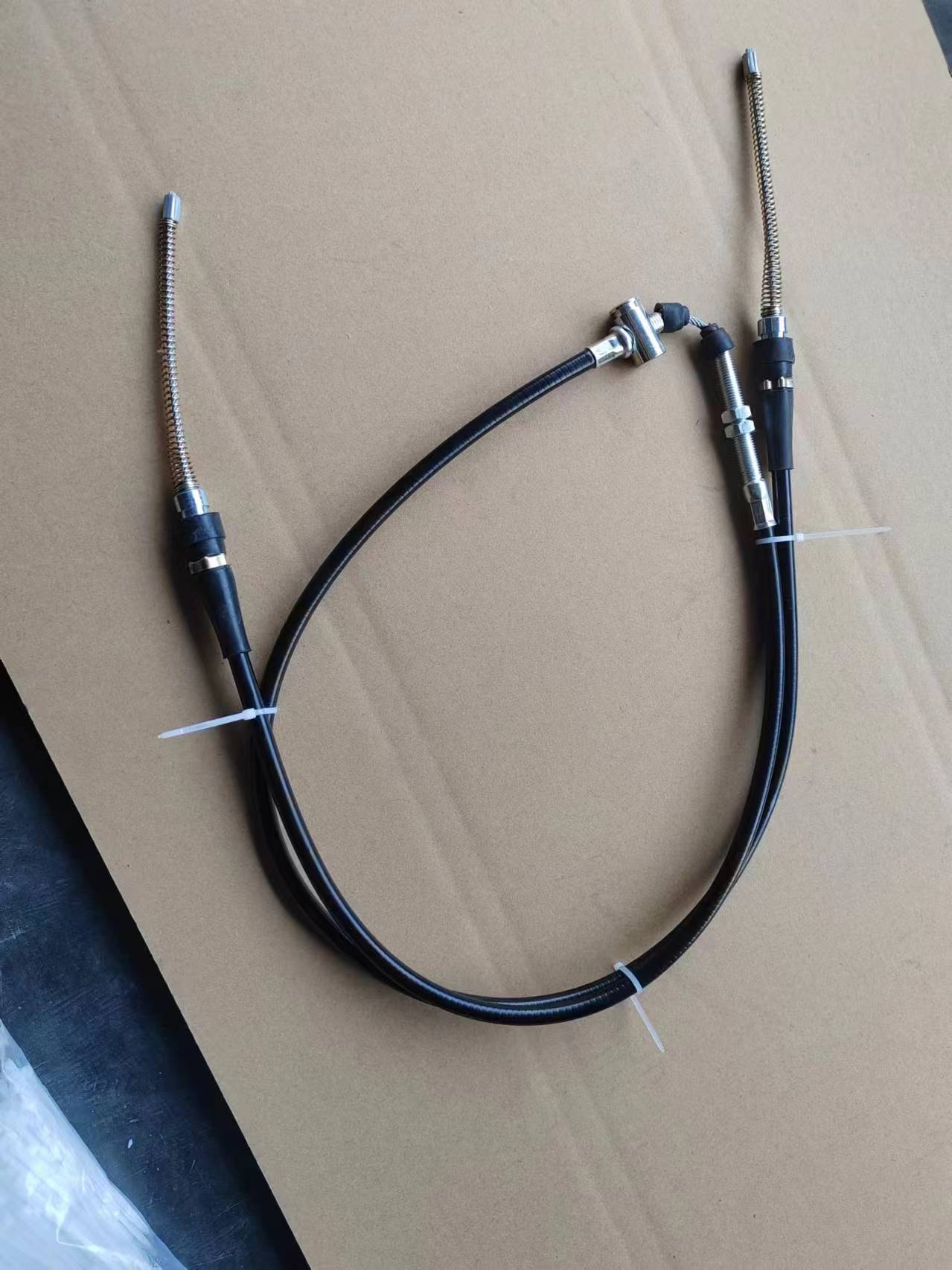Understanding the Functionality and Maintenance of Hydraulic Clutch Pipes in Automotive Systems
Understanding Hydraulic Clutch Pipes An Essential Component of Modern Vehicles
In the realm of automotive engineering, the hydraulic clutch system plays a crucial role in ensuring smooth and efficient vehicle operation. Among the various components that constitute this system, the hydraulic clutch pipe is particularly significant. This article delves into the importance, functionality, and maintenance of hydraulic clutch pipes, providing a comprehensive overview for automotive enthusiasts and professionals alike.
What is a Hydraulic Clutch Pipe?
A hydraulic clutch pipe, often referred to as a hydraulic line or hose, is a vital part of the hydraulic clutch system in vehicles equipped with manual transmission. Its primary function is to transfer hydraulic fluid from the master cylinder to the slave cylinder when the driver depresses the clutch pedal. This transfer of fluid activates the clutch mechanism, allowing for seamless gear changes.
The hydraulic clutch pipe is typically made of high-quality materials designed to withstand pressure and resist wear. Common materials include reinforced rubber or steel braided lines, both of which provide flexibility while ensuring durability. The design of these pipes is critical because any failure can lead to hydraulic fluid leakage, resulting in a clutch that becomes inoperative, thereby compromising the vehicle's performance.
How Does It Work?
When the driver presses the clutch pedal, the master cylinder generates hydraulic pressure. This pressure is transmitted through the hydraulic clutch pipe to the slave cylinder, which then engages the clutch mechanism. The process is swift and efficient, allowing for smooth transitions between gears. Unlike traditional cable-operated systems, hydraulic clutches provide a lighter pedal feel and require less effort from the driver, enhancing the overall driving experience.
The hydraulic clutch system is not only simpler but also more reliable than its mechanical counterparts. With fewer moving parts, the likelihood of wear and tear is reduced, contributing to a longer lifespan for the vehicle's clutch system. Moreover, hydraulic systems are less susceptible to environmental factors, such as dust and debris, which can affect mechanical systems.
Common Issues with Hydraulic Clutch Pipes
Despite their robustness, hydraulic clutch pipes can encounter problems over time. Common issues include leaks due to cracks or fractures in the pipe, which can arise from wear, exposure to harsh conditions, or improper installation. A leaking hydraulic line can lead to a drop in fluid pressure, causing the clutch to malfunction. Symptoms include difficulty in shifting gears, a spongy clutch pedal, or the clutch pedal becoming inoperative altogether.
hydraulic clutch pipe

Another problem is the development of air bubbles in the hydraulic fluid, which can occur due to leaks or system maintenance. Air in the system can lead to a soft or unresponsive clutch pedal. Bleeding the system to remove air is a necessary maintenance step that should not be overlooked.
Maintenance Tips
To ensure the smooth operation of hydraulic clutch pipes and the overall hydraulic clutch system, regular maintenance is essential. Here are a few tips
1. Inspect the Pipes Regularly Check for any signs of wear, cracks, or leaks. Early detection can prevent more severe issues down the line.
2. Monitor Fluid Levels Regularly check the hydraulic fluid reservoir for appropriate levels. Low fluid can indicate a leak in the system.
3. Bleed the System If you notice a spongy clutch pedal, bleeding the hydraulic system may be necessary to remove any trapped air.
4. Professional Inspection If issues persist, seek a professional mechanic’s input to diagnose and resolve more complex problems.
Conclusion
Hydraulic clutch pipes are a critical yet often overlooked component of modern vehicles’ hydraulic clutch systems. Understanding their function, potential issues, and the importance of regular maintenance can help ensure that your vehicle operates safely and efficiently. By taking care of these essential components, drivers can enjoy a smoother driving experience and prolong the life of their clutch systems.
-
Upgrade Your Control with Premium Throttle CablesNewsAug.08,2025
-
Stay in Control with Premium Hand Brake CablesNewsAug.08,2025
-
Experience Unmatched Performance with Our Clutch HosesNewsAug.08,2025
-
Ensure Safety and Reliability with Premium Handbrake CablesNewsAug.08,2025
-
Enhance Your Vehicle with High-Performance Clutch LinesNewsAug.08,2025
-
Elevate Your Ride with Premium Gear CablesNewsAug.08,2025
